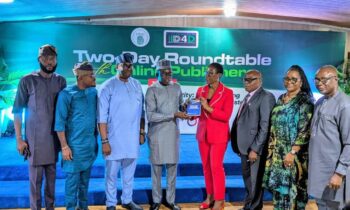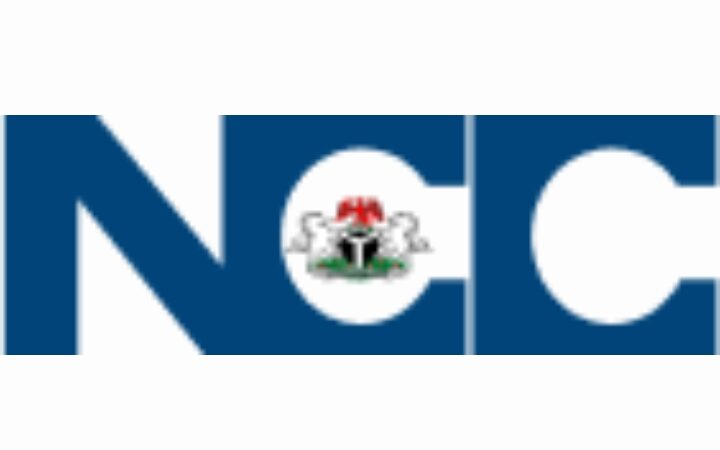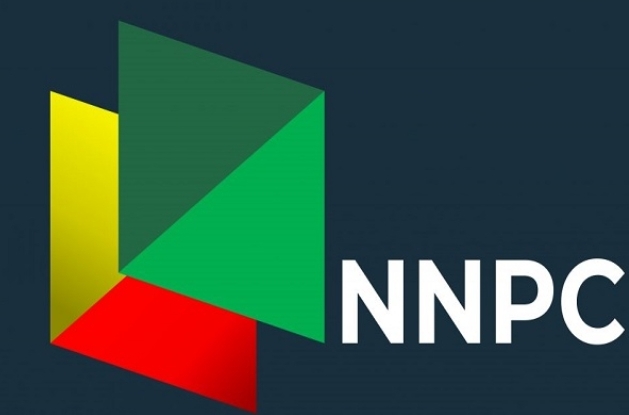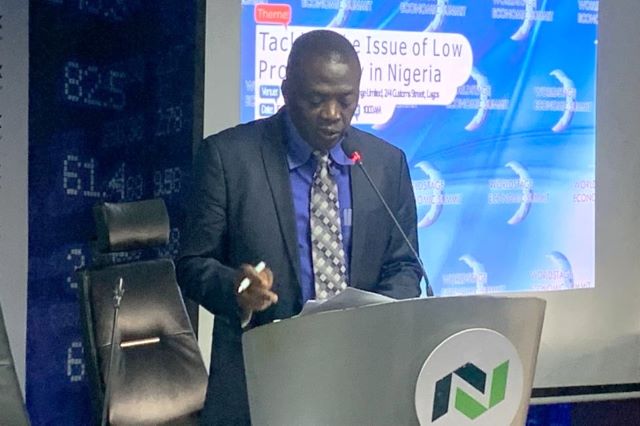NIMC enrols over 122m Nigerians as SIM-NIN linkage soars to 172.67m

Kindly leave a comment and share
The National Identity Management Commission (NIMC) said as at July 2025, over 122 million Nigerians have secured the National Identity Number (NIN), while SIM-NIN linkage reached 172.67 million as at May 2025.
The Director-General NIMC Engr. Abisoye Coker-Odusote, disclosed this at the ongoing NIMC, ID4D Two-Day Roundtable with Online Publishers in Lagos, stating that the commission hopes to register 95 per cent of Nigerians by end of December 2025.
According to her, the identity ecosystem in Nigeria was once fragmented, revenue-gulping and exclusionary, but today,, that story is changing, noting that through collaboration with its stakeholders, it is building a unified, secure, and people-centered ID system—one that is becoming the cornerstone of national planning, financial inclusion, economic empowerment and digital governance.
“Since January 2022, when NIN enrollment stood at 72.7 million, we have recorded a phenomenal increase. As of July 2025, enrolment stands at over 122 million and counting.
“This represents a 49% increase in enrolment rate, which is a clear testament to the progress we have made in just over three years.
“Monthly, millions of Nigerians are now being enrolled and issued a verifiable means of identification, unlocking access to critical services in education, agriculture, healthcare, social protection, and beyond” she posited.
She submitted that with NIN now a prerequisite for accessing student loans, farmer subsidies, SIM card registration and social welfare schemes, NIMC is seeing unprecedented levels of financial inclusion.
The NIMC boss said over 3 million farmers and 800,000 students have already benefited from NIN-linked services and SIM-NIN linkage as at May, 2025, has reached 172.67 million, enhancing regulatory compliance and financial service accessibility.
She submitted that monthly, millions of Nigerians are now being enrolled and issued a verifiable means of identification, unlocking access to critical services in education, agriculture, healthcare, social protection, and beyond.






